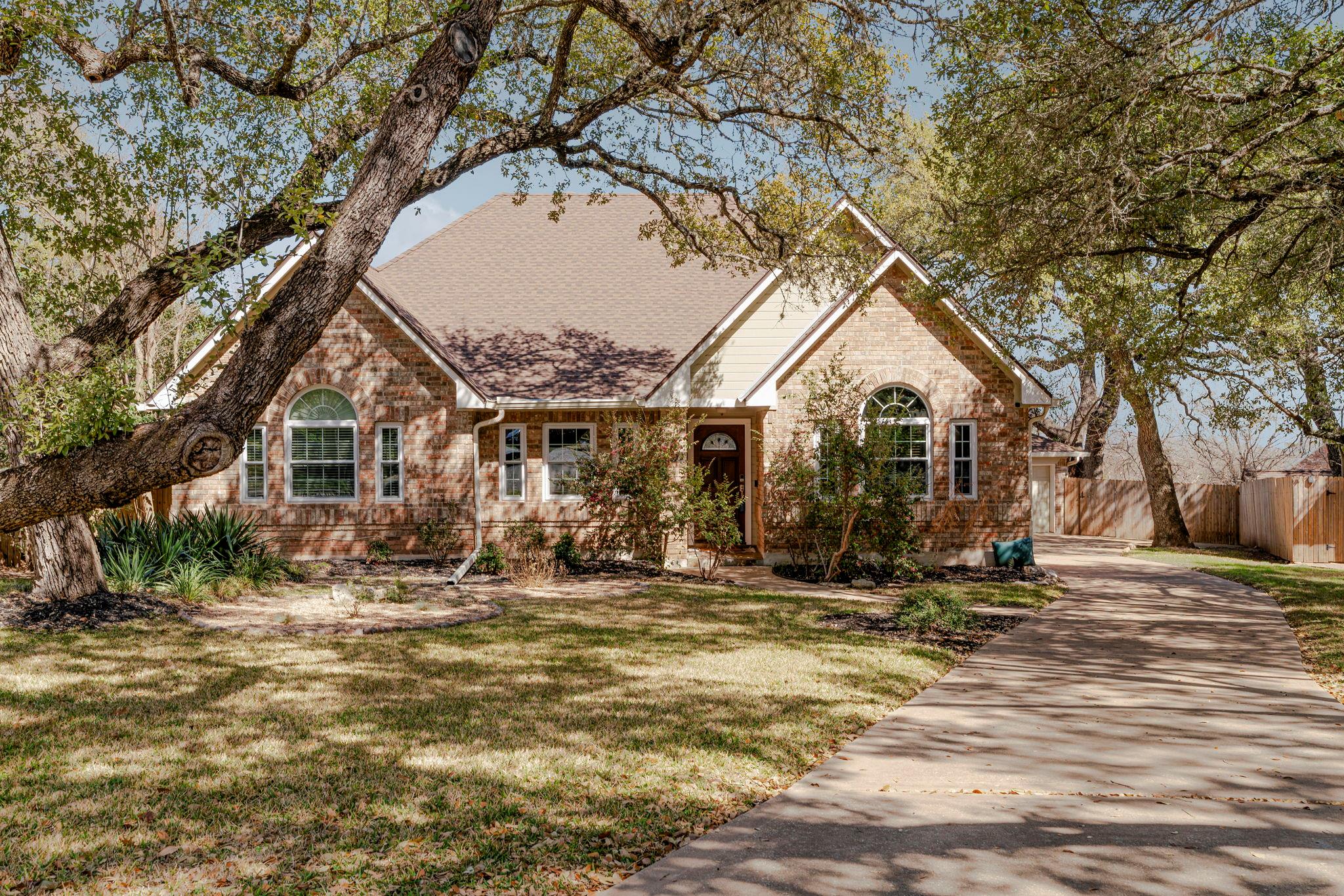Arts & Culture
Austin, TX, is renowned for its vibrant arts and culture scene, boasting a rich array of local galleries, theaters, and cultural institutions. The city is home to the
Blanton Museum of Art, which features an extensive collection of European paintings, contemporary American and Latin American art. For contemporary art enthusiasts, the Contemporary Austin offers dynamic exhibitions and outdoor installations across two locations. The city also hosts numerous galleries, such as the
Mexic-Arte Museum, which highlights Mexican and Latin American art, and Women & Their Work, focusing on contemporary art created by women.
The city's theater scene is equally impressive, with institutions like the historic
Paramount Theatre, which hosts a variety of performances from classic films to live concerts. The
Zach Theatre is another key player, providing a space for innovative and diverse theatrical productions. Austin's cultural institutions extend to music, with iconic venues like the Moody Theater, home to the acclaimed live music show
Austin City Limits, and countless smaller venues that nurture the local music scene. Festivals such as South by Southwest (SXSW) and Austin City Limits Music Festival further cement Austin's reputation as a cultural hub, drawing artists and audiences from around the world.
Public Services
Austin, TX, offers a robust array of public services to its residents, ensuring access to essential amenities and community resources. The Austin Public Library system is extensive, featuring the flagship Central Library, a modern facility with a rooftop garden, an art gallery, and numerous digital resources. There are also multiple branch libraries scattered throughout the city, providing books, educational programs, and community events.
The United States Postal Service operates several post offices in Austin, facilitating mail and package services for residents and businesses. In addition to these, the city boasts numerous community centers, such as the Austin Recreation Center and the Dove Springs Recreation Center, which offer recreational activities, fitness programs, and spaces for community gatherings. These centers often host classes, workshops, and events, fostering a sense of community and engagement among residents.
Public Transportation
Austin boasts a variety of public transportation options to help residents and visitors navigate the city efficiently. Capital Metro, the primary public transit provider, offers an extensive network of bus routes that cover most neighborhoods. The MetroBus services include local routes, MetroRapid express routes with fewer stops and faster travel times, and MetroFlyer routes connecting outlying areas with downtown. For a more convenient option, the MetroRail Red Line runs from Leander to Downtown Austin, providing a reliable alternative for commuters traveling from the northern suburbs.
CapMetro also offers MetroAccess for individuals with disabilities and RideShare options for carpooling. Schedules and real-time tracking are available through the CapMetro app and website, ensuring that residents can plan their journeys with ease. With ongoing improvements and expansions, Austin's public transportation network continues to evolve to meet the growing demands of the city's population.
Walkability and Bikeability
Austin is recognized for its commitment to walkability and bikeability, offering extensive infrastructure that promotes active transportation. Neighborhoods like Downtown, East Austin, and South Congress boast high walkability scores, with a dense concentration of shops, restaurants, and entertainment options within easy walking distance. Sidewalks are well-maintained, and crosswalks are plentiful, ensuring pedestrian safety.
For cyclists, Austin provides an impressive network of bike lanes and trails. The Lance Armstrong Bikeway, a dedicated bike route through downtown, connects various parts of the city. Additionally, the Ann and Roy Butler Hike-and-Bike Trail around Lady Bird Lake offers a scenic and popular route for both recreational and commuting cyclists. The city also supports several bike-share programs, such as Austin B-cycle, which provides convenient access to bicycles for short-term use.
Austin's bike-friendly policies include ample bike parking, dedicated bike signals at intersections, and ongoing projects to expand the bike lane network. These efforts make it easy for residents to choose biking as a primary mode of transportation.
Local Economy
Austin's local economy is robust and diverse, driven by several key industries that contribute to its rapid growth and economic stability. The technology sector, often referred to as "Silicon Hills," plays a significant role, with major companies like Dell, Apple, Google, and IBM maintaining a strong presence in the area. The city's thriving startup scene is bolstered by numerous incubators, accelerators, and venture capital investments, making it a hotspot for innovation and entrepreneurship.
In addition to technology, Austin has a strong government sector, given its status as the state capital of Texas. This provides a steady stream of employment opportunities in public administration and related fields. Education also plays a crucial role in the local economy, with the University of Texas at Austin being one of the largest employers and a major research institution attracting talent and investment.
The healthcare industry is another significant contributor, with numerous hospitals, research facilities, and biotech companies operating in the region. Austin's vibrant cultural and entertainment sectors, including music, film, and arts, attract tourists and create a dynamic environment that supports local businesses.
Real Estate in Austin, TX










